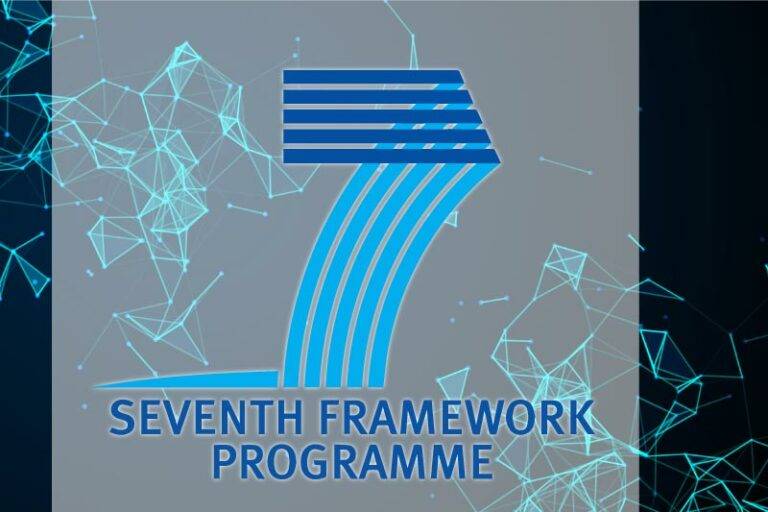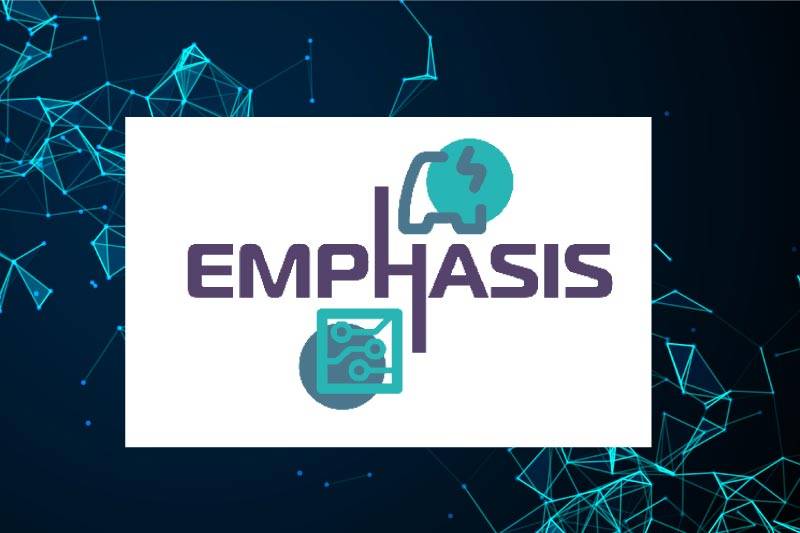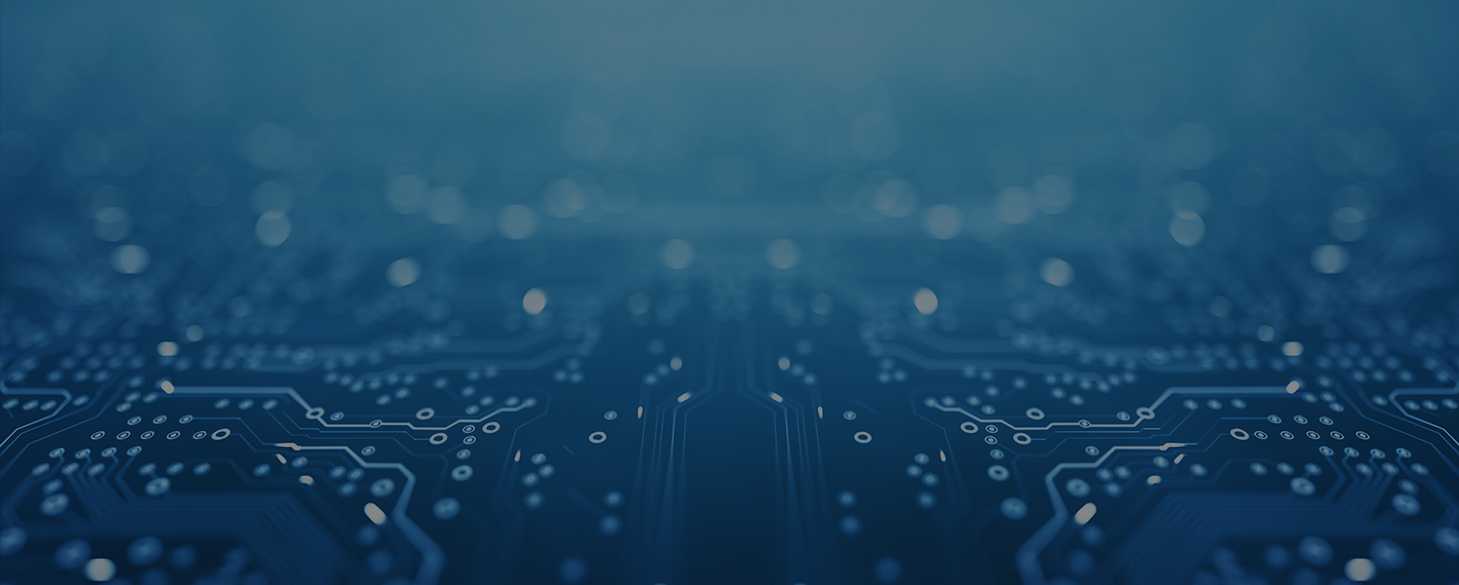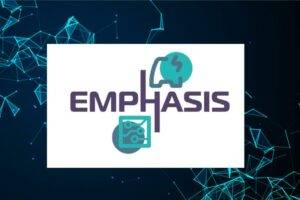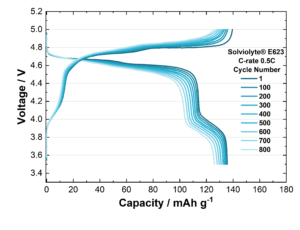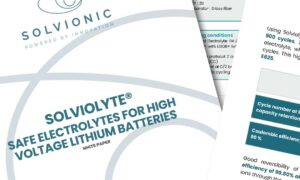Interfaces of Fluid Electrodes: New Conceptual Explorations
The Influence project aims to improve the fundamental understanding and control of the interfaces of semi-solid flow batteries, i.e. batteries based on Li-ion and Na-ion active materials.
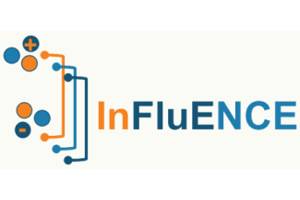
Advanced Materials for Batteries
MAT4BAT develops batteries for electric vehicles based on advanced materials and pilot line processes, offering three new cell concepts derived from a combination of innovative materials.
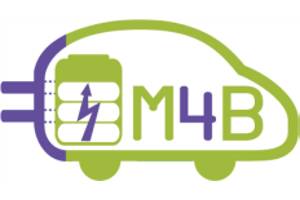
InnovaTive Enzymes and Poly(Ionic Liquids) Based Membranes as CO2 Capture Technology.
The INTERACT project seeks to design processes capable of capturing CO2 after combustion via new materials, using ionic liquids and/or enzymes integrated into gas separation technologies such as gas separation membranes, absorption in columns and absorption using membrane contactors.
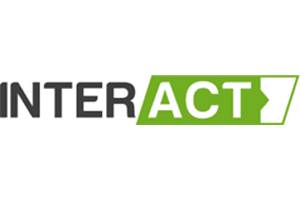
Publications
- I.R. Mazzei & al. – Poly[3-ethyl-1-vinyl-imidazolium] diethyl phosphate/Pebax® 1657 Composite Membranes and Their Gas Separation Performance. Membranes 2020, 10, 224.
- B. Grabner & al. Room-temperature solid phase ionic liquid (RTSPIL) coated ω-transaminases: Development and application in organic solvents, Molecular Catalysis, Vol 452, 2018, 11-19, ISSN 2468-8231
Materials for Ageing Resistant Li-ion High Energy Storage for the Electric Vehicle
The MARS-EV project aims to overcome the aging phenomenon associated with Li-ion cells by focusing on the development of high-energy electrode materials via sustainable, large-scale synthesis and safe electrolyte systems with improved lifetimes.
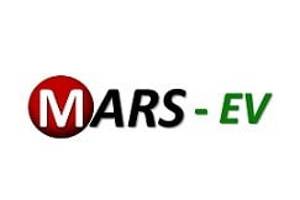
Cobalt and Lanthanide Recovery from Batteries
The COLABATS project aims to develop new industrial processes to improve the recycling of used batteries. This will increase the recycling efficiency in terms of energy consumption and purity of recovered metals. This process is all the more important as it involves critical and strategic metals such as cobalt and lanthanides, or nickel and lithium.

Advanced European Lithium Sulphur Cells for Automotive Applications
The aim of the project is to develop an advanced, durable lithium-sulfur (Li-S) battery for automotive use.


